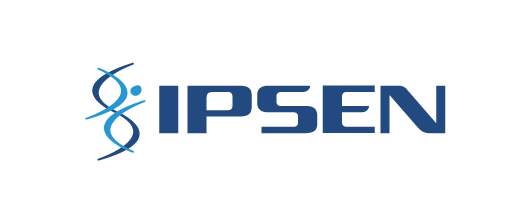Working with patients, for patients, underlines everything we do at Ipsen. Understanding their quality of life is a way we can measure the impact of our therapies. However, we need to be able to collect this information in an accurate and targeted way to ensure we can use it to improve our treatments and disease management.
For patients with neuroendocrine tumors (NETs), the most frequently used questionnaire to help measure quality of life had significant limitations, with research showing over a quarter of patients considered the form too superficial and not representative of all aspects contributing to their health-related quality of life. Something more specific was needed. Something that could measure patient-reported priority symptoms, side effects, and emotional and functional concerns of NET patients for use in research and clinical settings.
So, in true Ipsen-style, we worked with experts, clinicians and patients, using methods consistent with the Food and Drug Administration (FDA) Guidance, to create a new symptom index to improve understanding and care in this condition. The result is the NET symptom index which includes five questionnaires that allow the results to be more specific to tumor type, therefore, gathering more accurate and targeted measurement of symptoms.
One of our key partners was Dr David Cella, an international expert in the field of patient reported outcomes at Northwestern University and his team. This ensured credibility within the field and raised clinicians and patient advocacy groups’ interest in supporting development and implementation.
Ulf Staginnus, Senior Vice President, Head Global Market Access & Pricing, comments: “The new NET symptom index for assessing health-related quality of life in NET cancer patients is a fantastic example of the improvements that can be made for patients when Ipsen works with external partners to maximize experience, knowledge and resources. It will support evidence-based value demonstration of our three NETs therapies. This project embodies our company commitment to being a leader in NETs and ensuring that we are patient-centric in everything we do.”
“The NET symptom index is a valuable resource that we are pleased to be able to share with patient advocacy groups and clinicians to support their work in this area, further advancing knowledge, understanding and management of NETs,” said Isabelle Bocher-Pianka, Chief Patient Affairs Officer.
Learn more about our Oncology program here.









